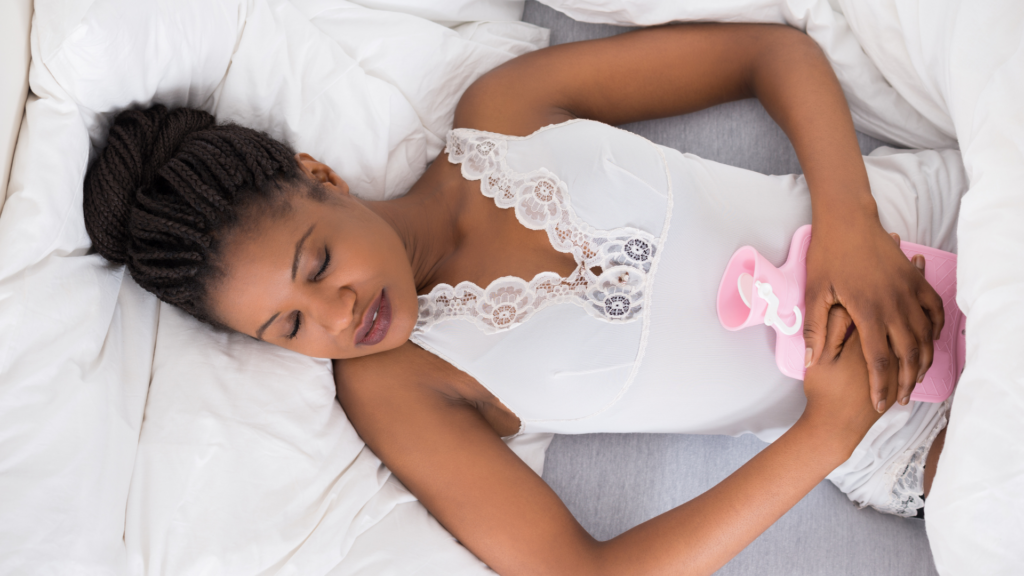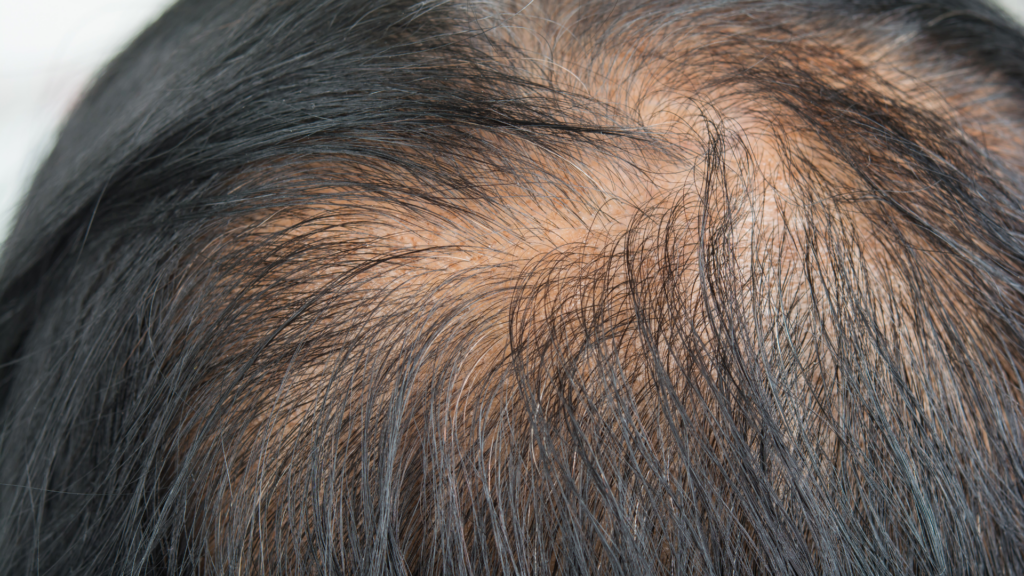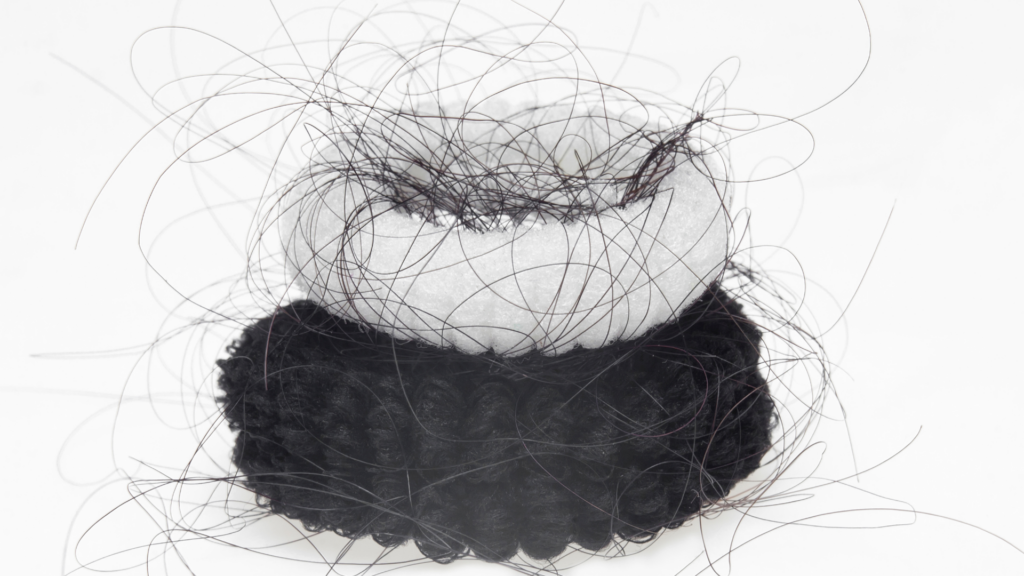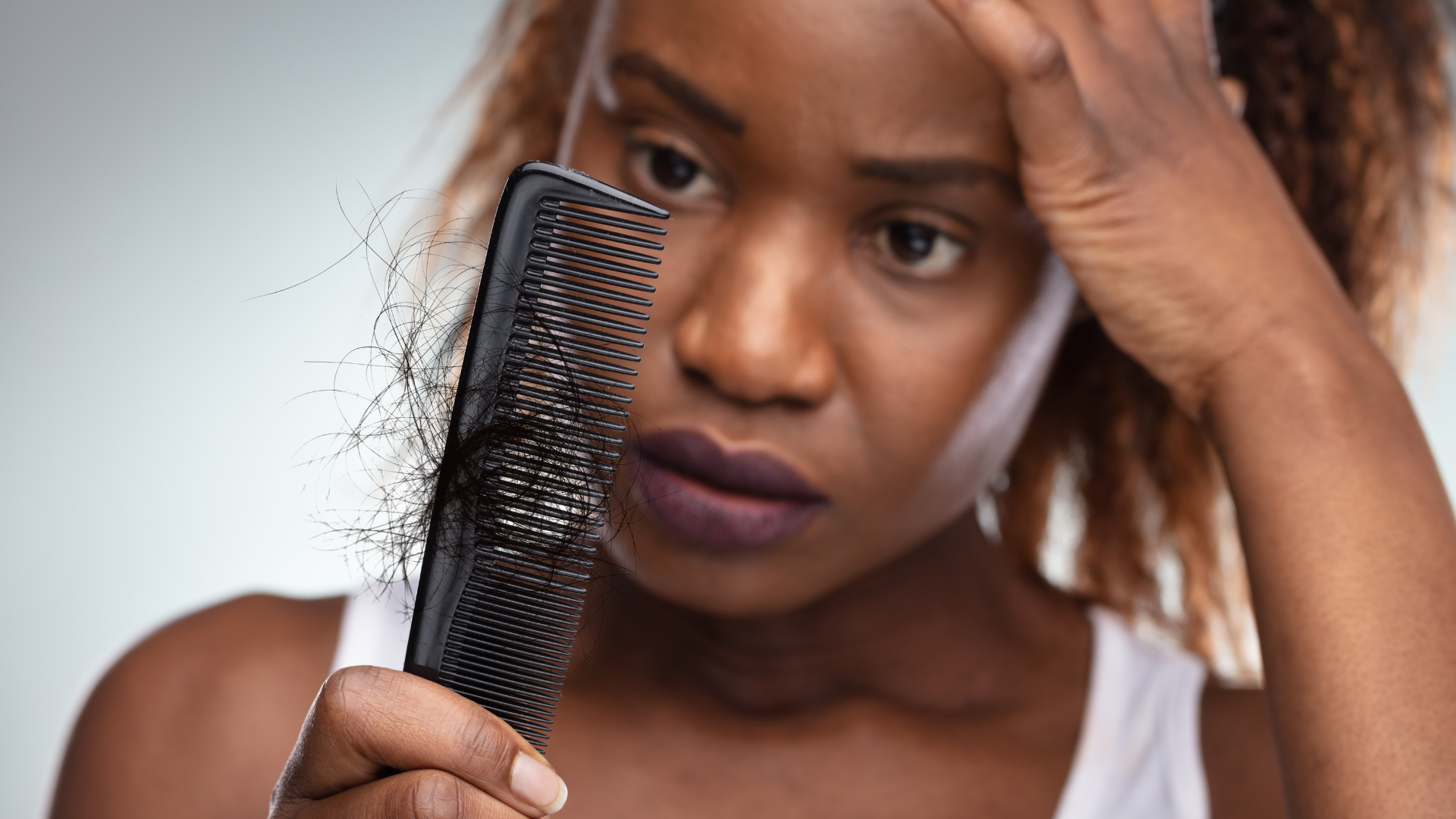When it comes to hair care, the link between oral contraceptives and hair loss is a common concern. Progestin, found in birth control pills, is responsible for triggering hair loss. Unlike natural progesterone, this artificial version of the hormone has androgenic properties, which means it can have similar effects to male hormones.
The androgenic properties of birth control pills can lead to various negative effects, including hair loss. Some types of progestins have a stronger androgenic impact than others. Women who are highly sensitive to hormonal changes or have a genetic predisposition to hormone-related hair loss are more likely to experience hair loss due to birth control pills. If you are someone who has a family history of hair loss, you might be at higher risk.
The Impact of Birth Control on Hair Health

Birth control pills function by fine-tuning the hormonal equilibrium within your body. This effect is not confined solely to oral contraceptives. It also includes other forms of hormonal birth control such as coils, injections, patches and vaginal rings.
When it comes to birth control pills, there are two main players in town: the combined pill and the progestin-only pill. The combined pill, a blend of progestin and estrogen, mimics the natural hormonal interplay within the body. On the other hand, the progestin-only pill, also known as the minipill, caters to individuals who cannot tolerate estrogen.
Distinguishing Between Hair Thinning and Hair Shedding

Hair loss from birth control pills can show up as either hair thinning or shedding, and each type has distinct symptoms and causes.
Hair thinning is characterized by the gradual loss, often linked to genetics, that leads to reduced volume over time. Hair shedding, known as telogen effluvium, happens suddenly and is typically triggered by internal imbalances or shocks in the body.
Choosing the Right Birth Control Pill for Your Hair’s Health

Choosing a birth control pill that supports your hair health is important, especially if you’re dealing with hair thinning or have a family history of it. Pills with higher estrogen levels can be better since estrogen helps extend the hair growth phase, while progestin may negatively affect your hair.
Hair Growth-Stimulating Pills: Examples of contraceptives that can promote hair growth include Yasmin, Dianette, Valette and Cilest, which are sometimes prescribed specifically for combating hair loss in individuals with hair thinning.
Hair Thinning-Aggravating Pills: Pills like Microgynon, Plan B and Loestrin can potentially cause or worsen hair thinning due to their impact on hormone levels.
Taking Action Against Hair Thinning
If you notice your hair thinning while on birth control, like less density or more shedding, talk to a doctor or trichologist. You can also consider using natural remedies in your hair care routine. Eating a healthy diet is super important for keeping your hair in good shape. Foods that are high in essential nutrients — like biotin, vitamin A and vitamin E — as well as minerals like iron and zinc and omega-3 fatty acids really help nourish your hair from the inside out. Try to include leafy greens, nuts, seeds, fish and eggs in your meals to boost hair growth.

Gentle scalp massages with essential oils like rosemary, lavender, peppermint or cedarwood can boost blood flow and promote hair growth. These oils are packed with nutrients that strengthen hair follicles and enhance scalp health. Some herbal supplements like saw palmetto, ginseng and horsetail extract are thought to strengthen hair. Ask your health care provider or trichologist about adding these into your routine too.
Aloe vera is great for soothing and moisturizing your scalp. You can apply pure aloe vera gel directly or mix it into DIY hair masks to help reduce inflammation and potentially encourage hair growth.
Green tea is packed with antioxidants that can boost hair growth and protect follicles. To make a green tea rinse, just steep some bags in hot water and let it cool. Then, use it as a final rinse after shampooing to refresh your scalp.
Exploring Further Hair Health Options
There is certainly an intricate dance between birth control and hair loss where hormones, genetics and lifestyle come together. When you understand the struggles of their relationship, you can make better choices and work toward healthy hair and your well-being.
